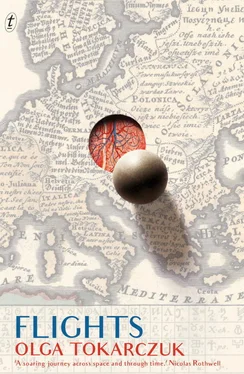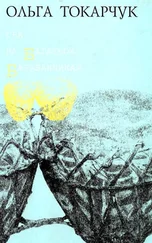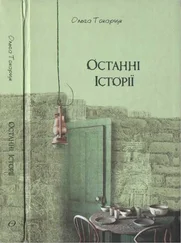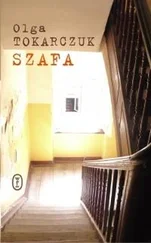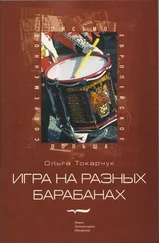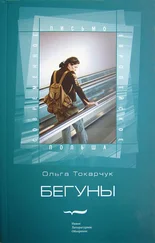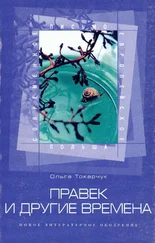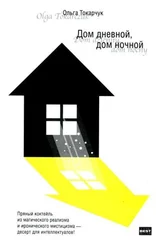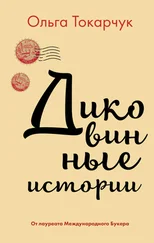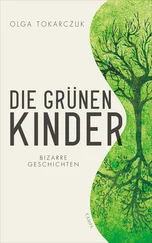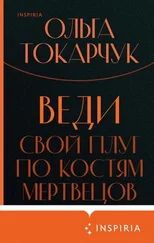Skulls with growths of all conceivable structures, with bullet holes and other holes, or atrophied. Hand bones wrecked by arthritis. An arm with multiple breaks that then healed naturally, randomly: petrified long-term pain.
Long bones that are too short and short bones that are too long, tuberculitic, covered in patterns of alterations; you might think they’d been eaten by bark beetles. Poor human skulls, backlit in Victorian showcases, where they bare their teeth in big grins. This one, for instance, has a big hole in the middle of the forehead, but nice teeth. Who knows if that hole was lethal. Not necessarily. There was a man once, a railway engineer, whose brain was run clean through by a metal rod, but he lived for many more years with that wound; needless to say this came in quite handy for neuropsychology as it proclaimed to all and sundry that we exist primarily through our brains. He didn’t die, but he changed completely. He became a different person, as the expression goes. Since who we are is dependent on our brains, let us proceed directly to our left, down the hall of brains. Here they are! Cream-coloured anemones in solution, large and small, some brilliant and others that couldn’t count to two.
Next comes the designated section for fetuses, miniature munchkins. Here are the little dolls, the smallest specimens – everything in miniature, so that a whole person will fit in a little jar. These youngest ones, the embryos, which you can barely even see at all, are like little fish, little frogs, suspended from a horse’s hair, floating in an expanse of formaldehyde. These bigger ones display the order of the human body, its marvellous packaging. Little not-yet-human crumbs, semi-hominid young, whose lives never crossed the magic border of potentiality. They have the right shape, but they never grew into souls – perhaps the presence of a soul is somehow connected with the size of the shape. In them matter had begun, with somnolent obstinacy, to gear up to live, to accumulate tissue and get organs going and systems running; work on the eyes was already under way, and the lungs were being readied, though to light and air there still remained a ways.
The next row holds the same organs, but now fully grown, pleased to have been allowed by circumstances to attain their full dimensions. Their full dimensions? How did they know how big they were supposed to get, when to stop? Some of them didn’t: these intestines grew and grew, and it was hard for our professors to find a jar that would contain them. It’s even harder to imagine how they would have fit into the stomach of this man who figures on the label as a pair of initials.
The heart. All its mystery has been conclusively revealed – for it’s that unshapely lump the size of a fist, its colour a dirty light brown. Please note that that is, in fact, the colour of our bodies: greyish brown, ugly. We would not want to have walls in our houses or a car that colour. It’s the colour of insides, of darkness, of places light can’t reach, where matter hides in moisture from others’ gazes, and there isn’t any point in it showing off. The only extravagance able to be afforded went to blood: blood is a warning, its redness an alarm that the casing of the body has been breached. That the continuity of the tissue has been broken.
In reality, on the inside we have no colour. When the heart pumps out blood as it’s supposed to, blood looks just like snot.
‘Every year we take a trip, we’ve been doing it for seven years, ever since we got married,’ said the young man on the train. He was wearing a long, elegant, black overcoat, and he was carrying a stiff briefcase that looked a little like a fancy container for a set of cutlery.
‘We have tons of pictures,’ he was saying, ‘and we keep them organized. The south of France, Tunisia, Turkey, Italy, Crete, Croatia – even Scandinavia.’ He said they usually looked at the pictures several times: first with their families, then at the office, and then with their friends, and after that the photographs got safely tucked away in plastic folders, like evidence in a detective’s cabinet – evidence that they had been there.
Lost in thought, he gazed out the window at the landscape that seemed to hurry off somewhere. Didn’t he ever think: what does ‘we were there’ really even mean? Where did those two weeks in France go? Those weeks that today can squeeze into just a couple of memories – the sudden onset of hunger by the city’s medieval walls and the twinkling of evening at a café where the roof was covered in grapevines. What happened to Norway? All that’s left is the chill of the water in the lake that endless day, and then the delight of the beer bought just before the shop shut, or the arresting first glimpse of the fjord.
‘The things I’ve seen are mine now,’ the young man, suddenly revived, concluded, slapping his palm down on his thigh.
Another man – gentle, shy – always took a book of Cioran with him when he travelled for work, one of the ones made up of very short texts. At hotels, he’d keep it on his bedside table, and every morning on waking he would open it at random and find his guiding principle for the day to come. He believed that hotels in Europe ought to replace all their copies of the Bible with books by Cioran as soon as possible. From Romania all the way to France. That for the purposes of predicting the future, the Bible was no longer any good. What use is the following verse, for example, come upon at random one April Friday or December Wednesday: ‘All the articles used in the service of the tabernacle, whatever their function, including all the tent pegs for it and those for the courtyard are to be of bronze’ (Book of Exodus 27:19)? How are we supposed to take that? In any case, he said it didn’t necessarily have to be Cioran. There was a challenge in his eyes as he continued: ‘Feel free to suggest something else.’
Nothing came to my mind. He took from his backpack a worn, slender volume, which he opened to a random page. His face lit up.
‘Instead of paying attention to the faces of people passing by, I watched their feet, and all these busy types were reduced to hurrying steps – toward what? And it was clear to me that our mission was to graze the dust in search of a mystery stripped of anything serious.’*
* ( Anathemas and Admirations , by Emil Cioran, translated by Richard Howard).
It’s mid-morning, he doesn’t know exactly what the time is – he hasn’t looked at his watch – but he hasn’t been waiting, he doesn’t think, for longer than fifteen minutes. He leans back into his seat and shuts his eyes halfway; the silence is as piercing as a shrill relentless noise. He can’t collect his thoughts. He still hasn’t realized that what it sounds like is an alarm. He moves his seat back from the steering wheel and stretches out his legs. His head is heavy, and it drags his body down with it into the white hot air. He’s not going to move. He’ll just wait.
He must have smoked a cigarette, and maybe even two. After a few minutes he gets out of the car to go and pee into a ditch. He doesn’t think anybody else has gone by, although now he’s not sure. Then he gets back in and takes a big drink of water from a plastic bottle. He’s finally beginning to get impatient. He honks the horn, hard, and the deafening sound precipitates the flash of rage that draws him back down to earth. Deflated, he now sees everything much more clearly, and he gets back out of the car again and sets off after them, imagining absent-mindedly the words he’s about to pronounce: ‘What the hell have you been doing all this time? What were you thinking?’
Читать дальше
